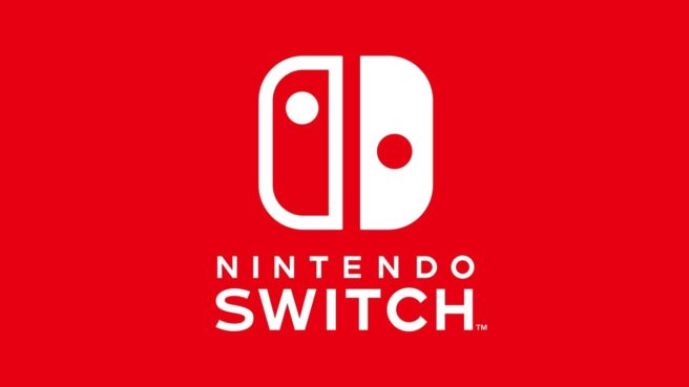According to Nintendo president Shuntaro Furukawa, the company has no plans to increase the price of the Switch.
Furukawa shared that information in an interview with Nikkei. He said that Switch demand is currently outpacing supply, but that doesn’t mean Nintendo will up the price. The company wants to “avoid pricing people out” and “maintain the momentum of our overall business.”
Furukawa’s comments came about while talking about Switch hardware production as well as sales targets. You can read the brief interview below.
How is Nintendo faring with semiconductor procurement?
With cooperation from various business partners, we’re on track for improvement from the latter half of this summer. But in terms of our sales forecast of 21 million units for the fiscal year through March 2023, we only have a clear production outlook for this year. Beyond that, things are uncertain.
I can’t say specifically what is in short supply. Nintendo will continue to sell three [Switch] models: the standard model; the Switch Lite with reduced price, size and features; and the OLED model. We’ll work out the best strategy as we go along. We’re doing our best to procure high-quality products at an appropriate price with an eye toward the next few years.
Are you losing out on chips and other components to manufacturers with bigger-ticket products, like autos?
Keeping prices down isn’t giving us any trouble with procuring parts. The problem is that demand exceeds supply.
Are price increases an option?
We’re not considering that at this point, for two reasons. In order to offer unique entertainment to a wide range of customers, we want to avoid pricing people out. Our competition is the variety of entertainment in the world, and we always think about pricing in terms of the value of the fun we offer.
Our products also include software. Nintendo has sold more than 100 million Switch units so far, and it’s important to maintain the momentum of our overall business. Generally speaking, a weak yen makes domestic Switch sales less profitable.
Can Nintendo absorb the rising costs of materials and shipping?
For the time being, our OLED model will continue to be less profitable than our other models. Costs have undoubtedly increased for shipping not only by air, but also by sea. We’re thinking about what we can do.
The weak yen may be seen as a benefit for Nintendo, since such a large share of our sales comes from abroad, but our overseas promotional and staff costs also go up. We’re making more inventory purchases in foreign currencies to counter that.
Can you reach your Switch sales target for this fiscal year?
It’s in its sixth year since its launch. All I can say is that we’ll try to keep up sales at the same pace. Having hit software also gives a boost to hardware. We have a lineup of new games that will allow us to take a crack at meeting our sales forecast, including Splatoon 3 coming out in September and Pokemon [Scarlet and Violet] in November.
- amazon prime gaming
- axie infinity
- Casino Games
- coingenius
- EA Sports
- Evil Geniuses
- Gaming
- gaming headset
- gaming pc
- Interview
- madden nfl
- news
- Nintendo
- Nintendo Everything
- Online casino games
- pc games
- plato
- plato ai
- plato data intelligence
- plato game
- plato gaming
- platodata
- platogaming
- playstation
- prime gaming
- Shuntaro Furukawa
- Switch
- Team SoloMid
- top
- xbox
- zephyrnet












